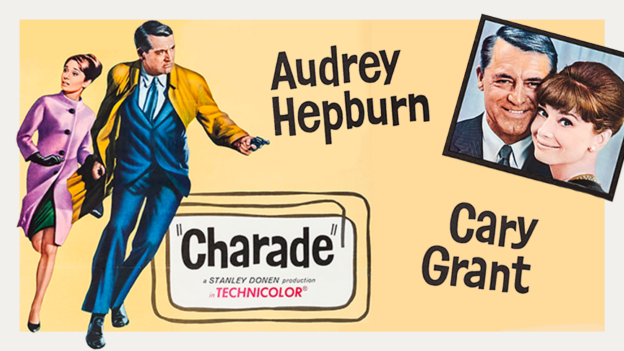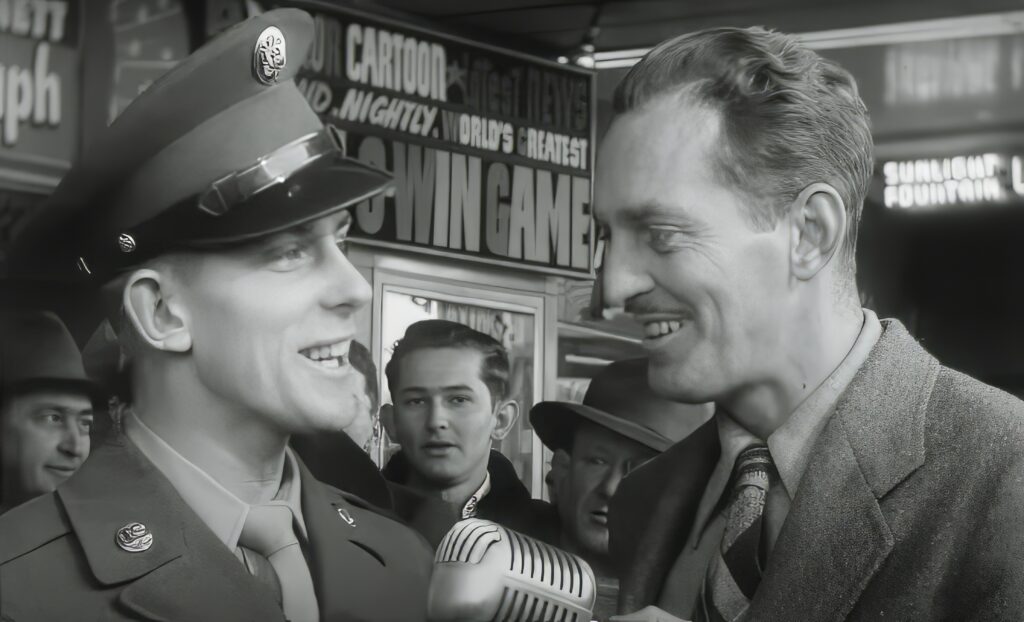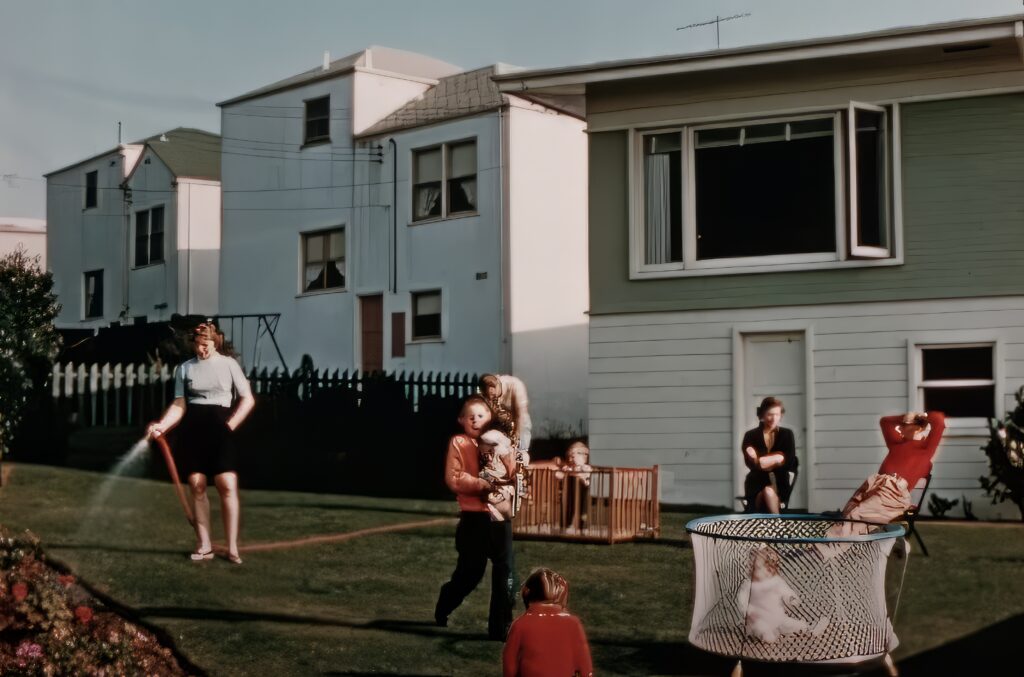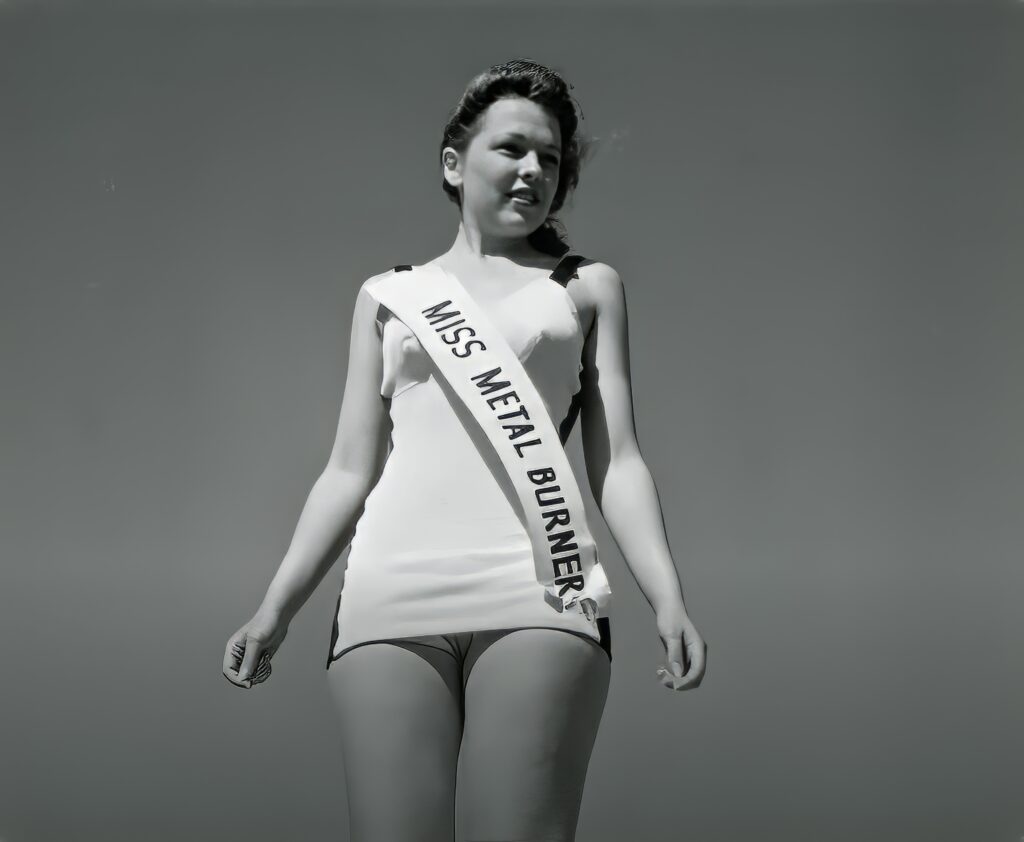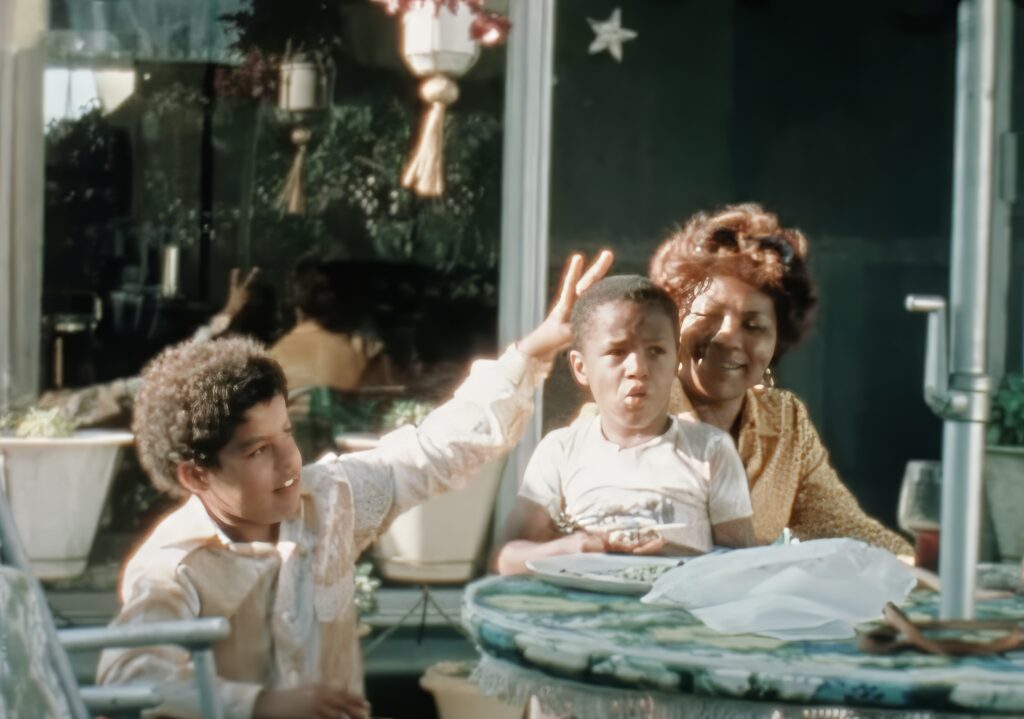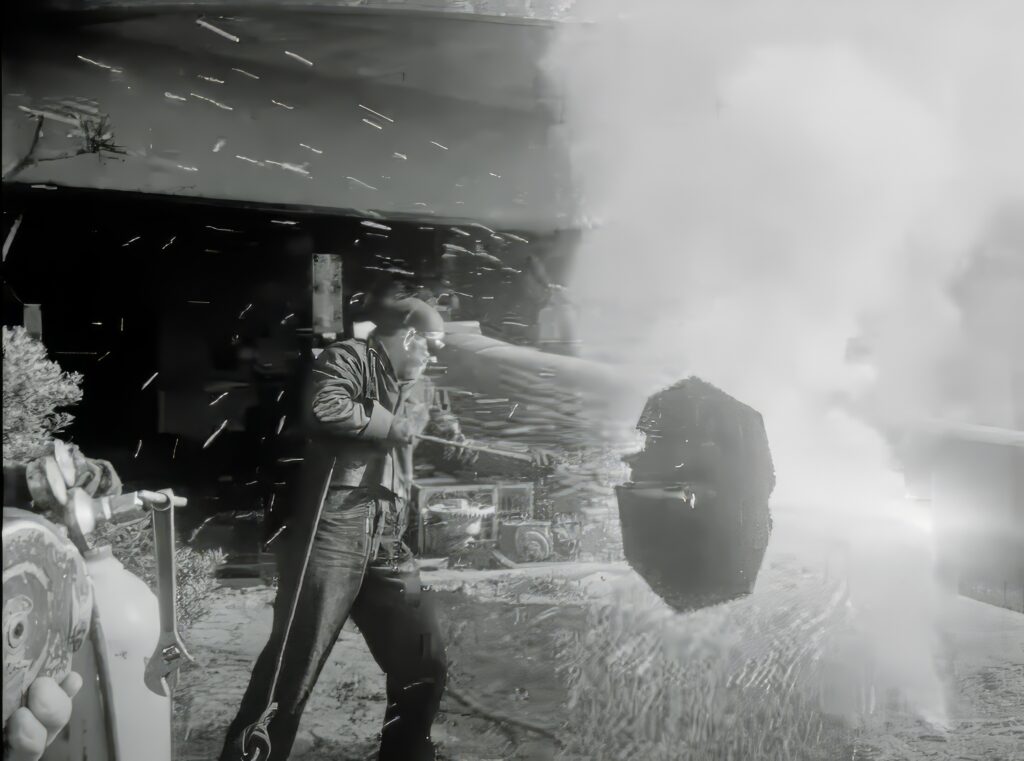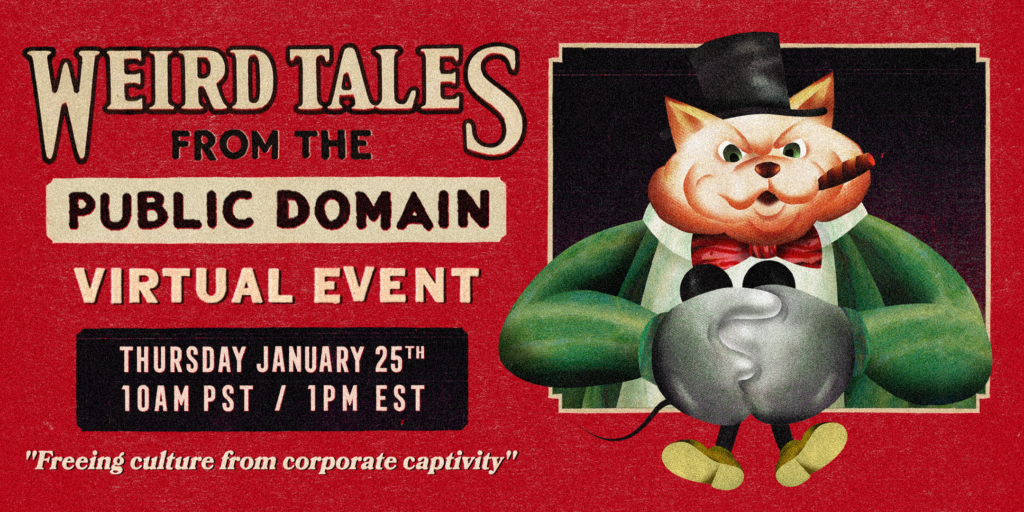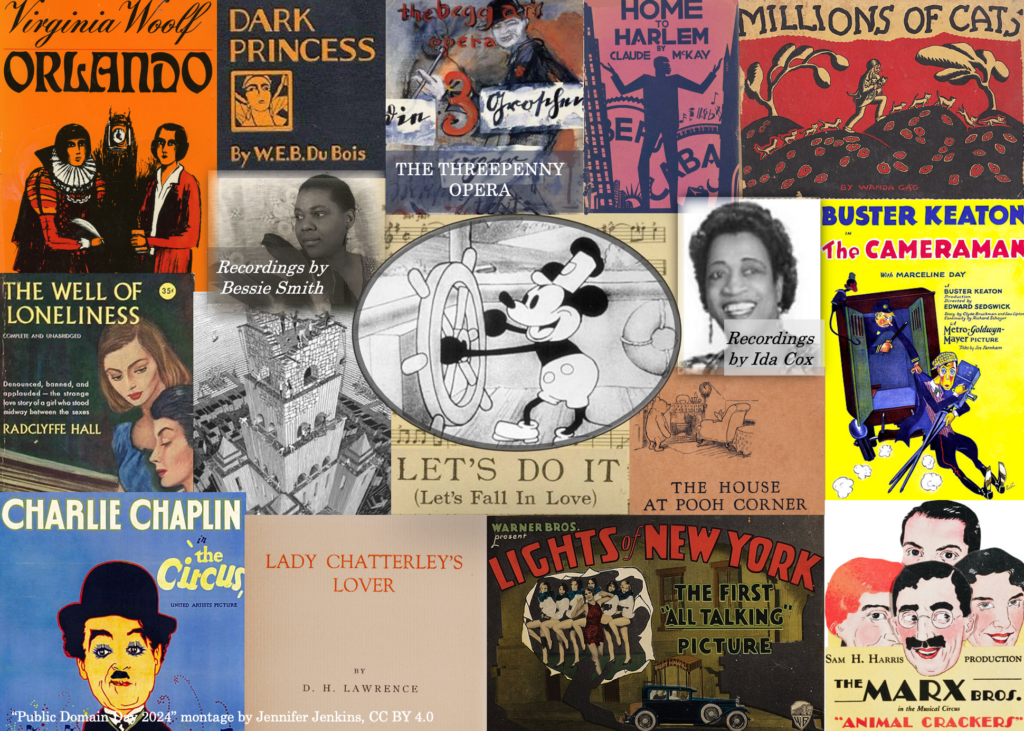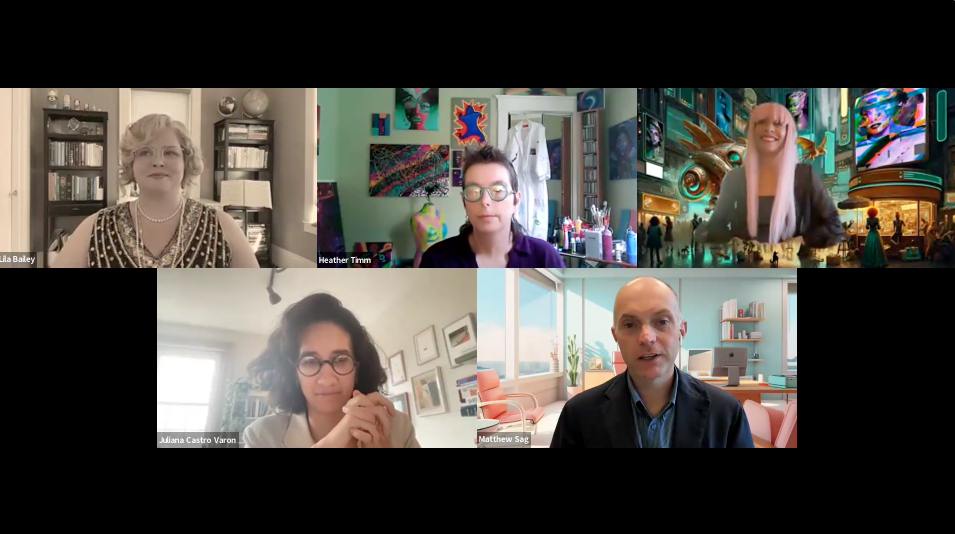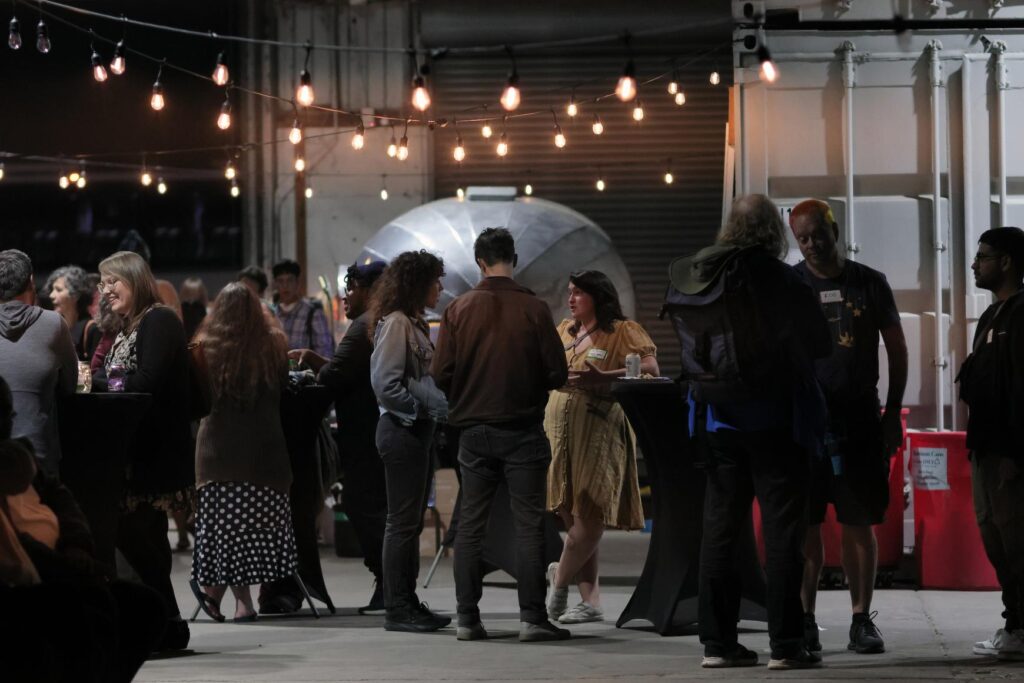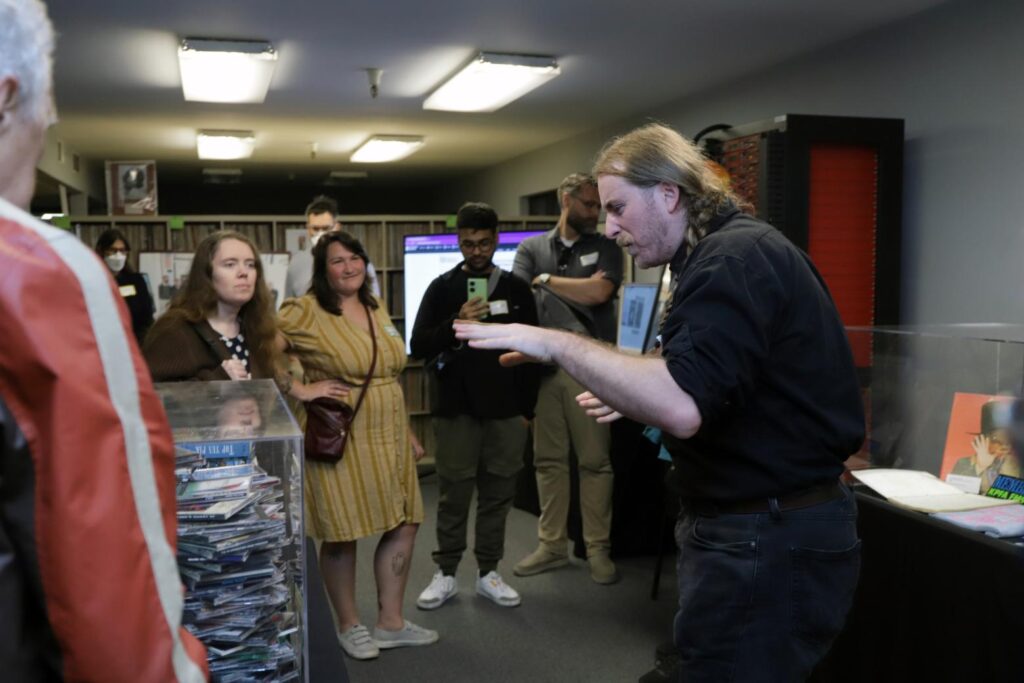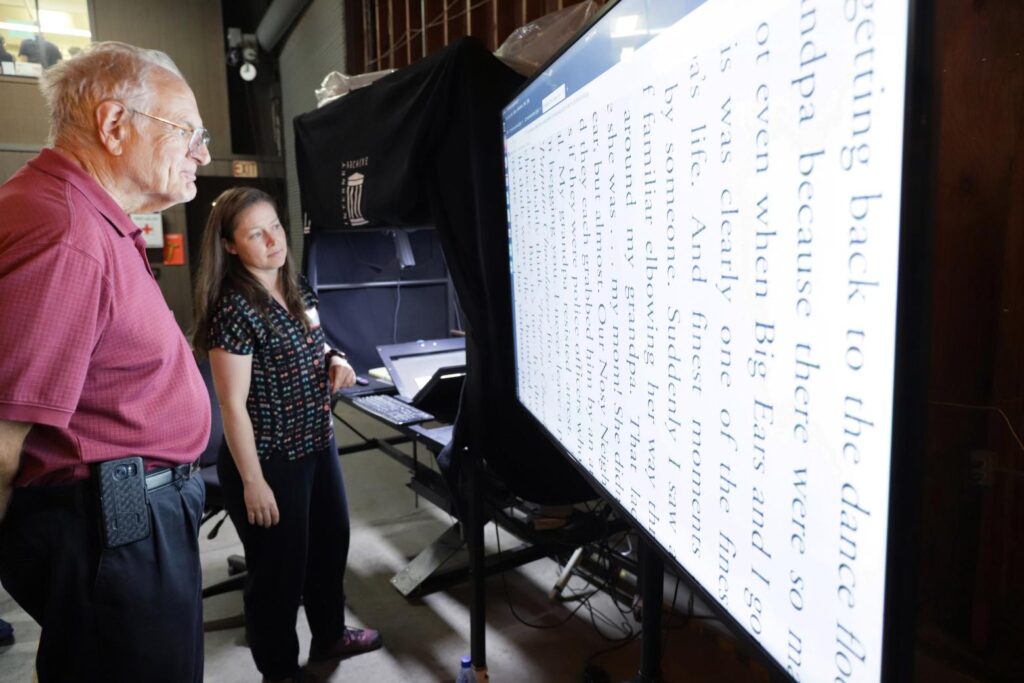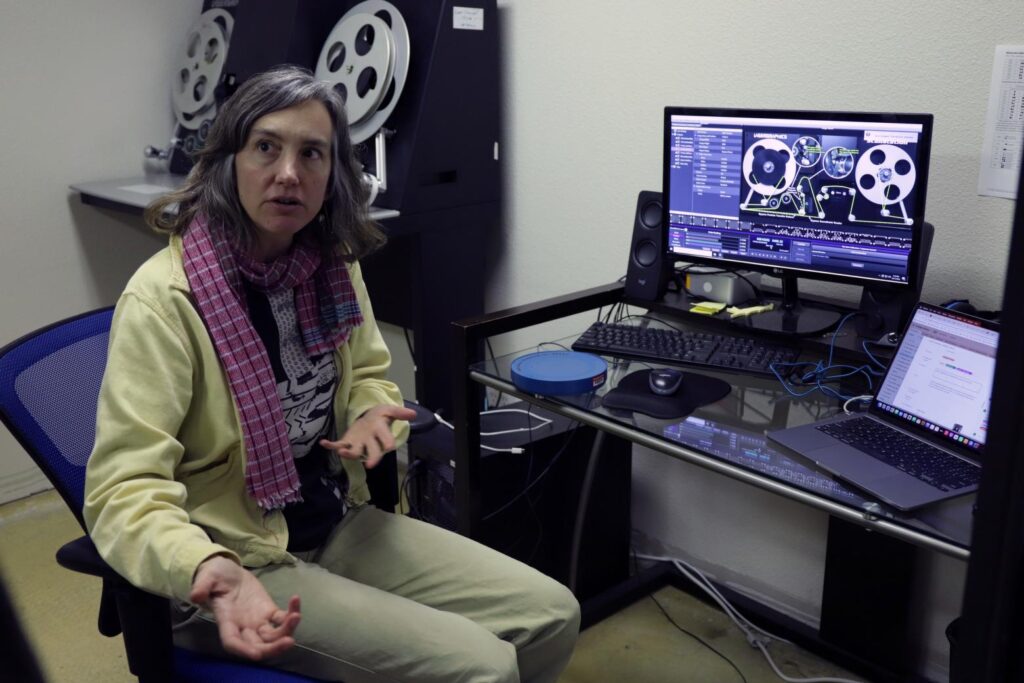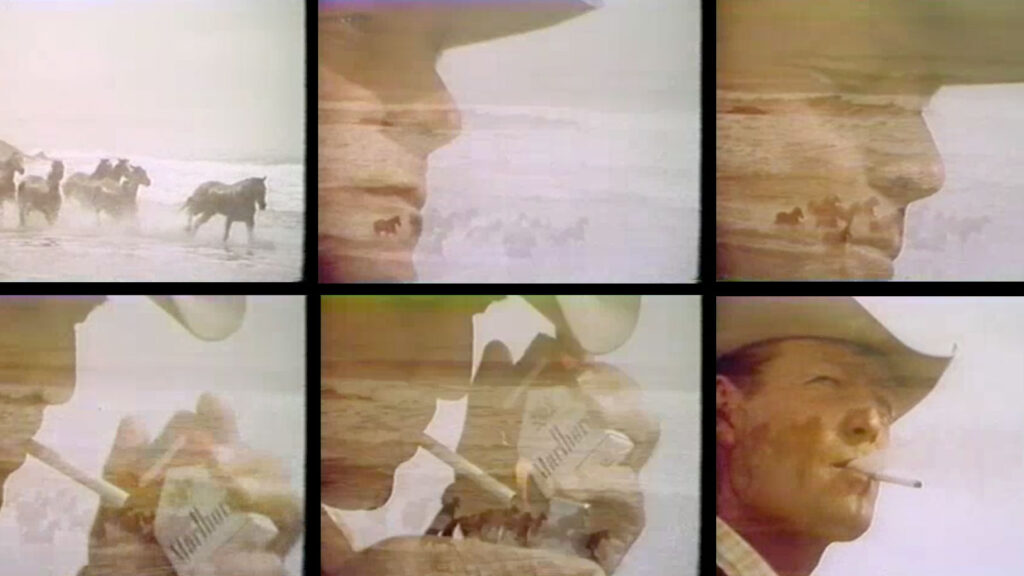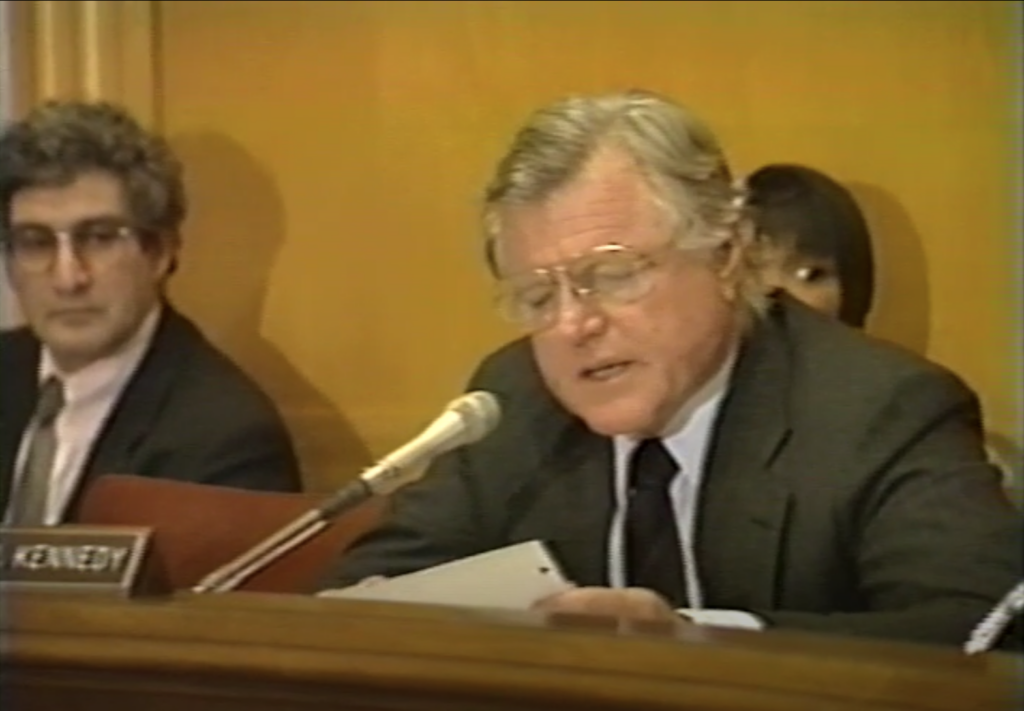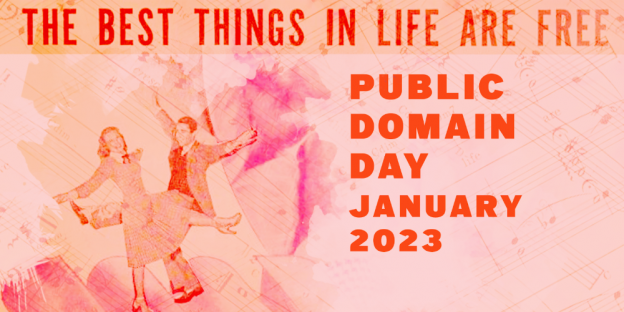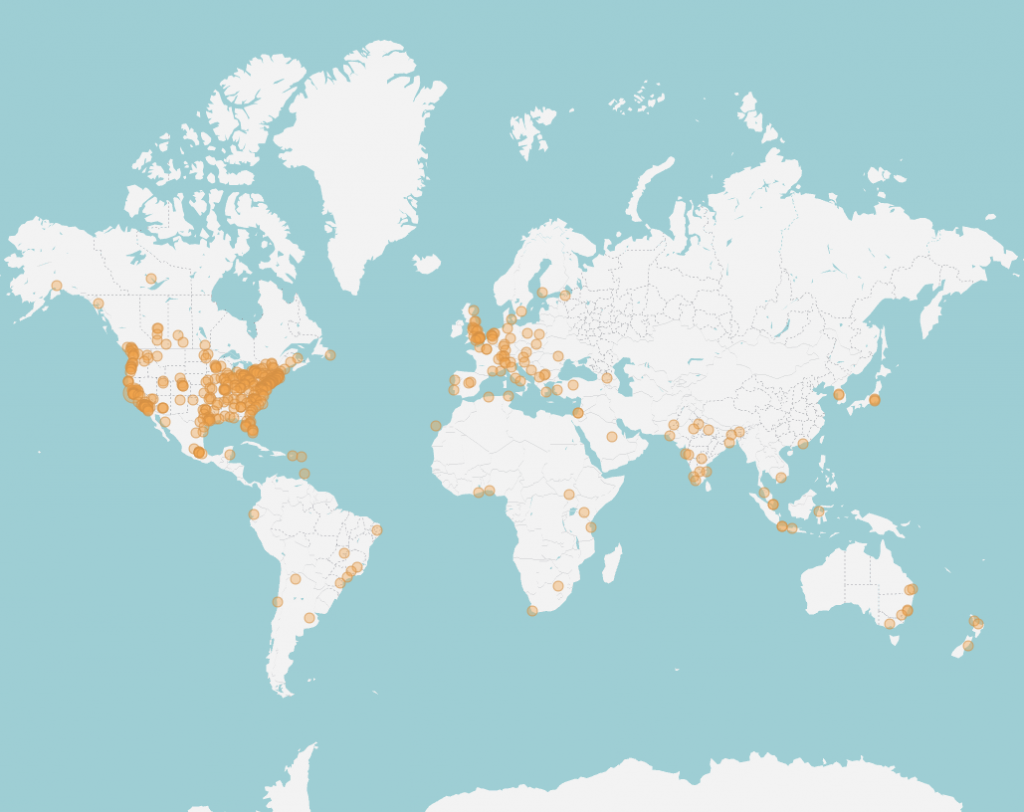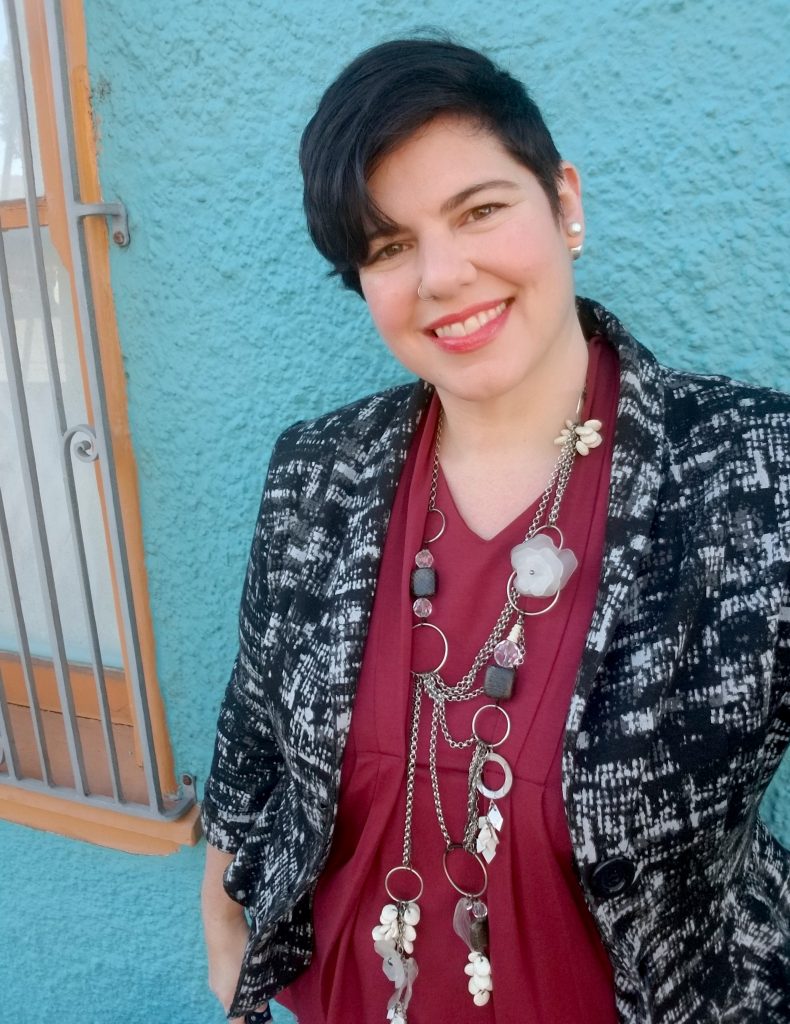From left: Aruba’s National Librarian, Astrid Britten (Director, Biblioteca Nacional Aruba), signs the statement protecting memory organizations online as Raymond Hernandez (Director, Archivo Nacional Aruba) and Brewster Kahle (Founder, Internet Archive) look on.
This was a week of firsts in Aruba. The small island nation in the southern Caribbean launched its new heritage portal, the Aruba Collection (Coleccion Aruba), and it became the first country to sign a statement to protect the digital rights of libraries & other memory institutions.
Internet Archive founder Brewster Kahle and Chris Freeland, director of library services at the Archive, attended the signing ceremony in Aruba, a country in the Kingdom of the Netherlands located 18 miles north of Venezuela.
Support for the statement, Four Digital Rights For Protecting Memory Institutions Online, was spearheaded by Peter Scholing, information scientist and researcher at the country’s national library, Biblioteca Nacional Aruba (BNA). Last fall, he learned about the need for library digital rights to be championed during a conference at the Internet Archive in San Francisco. While much of that discussion was based on the 2022 report, “Securing Digital Rights for Libraries: Towards an Affirmative Policy Agenda for a Better Internet,” authored by Lila Bailey and Michael Menna, and focused on protecting library access to e-books, Scholing was interested in Aruba making a broader statement—one encompassing all memory institutions and the diverse types of materials they house.
“Over the last few months we’ve brainstormed about these digital rights and how to broaden the statement to make it relevant to not only libraries, but also for memory institutions and GLAMs in general,” said Scholing, using the acronym for galleries, libraries, archives & museums. “In that sense, it has become a near universal declaration for open access to information, in line with the United Nations’ Sustainable Development Goals (UN 2030 Agenda/Sustainable Development Goals, #16.10) or other statements on open access to documentary, cultural or digital heritage. This aligns almost perfectly with what we aim to achieve here on Aruba—universal access to “our” information.”
Many memory institutions on the island have long worked together to digitize collections including books, government documents, photos and videos. The statement reinforces the importance of libraries, archives, museums and other memory institutions being able to fulfill their mission by preserving knowledge for the public to access.
Initial Signing Organizations
- Archivo Nacional Aruba (ANA)
- Aruban National Committee for UNESCO’s Memory of the World Programme
- Biblioteca Nacional Aruba (BNA)
- Coleccion Aruba
- Museo Arkeologico Nacional Aruba (MANA)
- Stichting Monumentenfonds Aruba
- Union di Organisacionnan Cultural Arubano (UNOCA)
The statement asserts that the rights and responsibilities that memory institutions have always enjoyed offline must also be protected online. To accomplish this goal, libraries, archives and museums must have the legal rights and practical ability to:
- Collect digital materials, including those made available only via streaming and other restricted means, through purchase on the open market or any other legal means, no matter the underlying file format;
- Preserve those materials, and where necessary repair or reformat them, to ensure their long-term existence and availability;
- Provide controlled access to digital materials for advanced research techniques and to patrons where they are—online;
- Cooperate with other memory institutions, by sharing or transferring digital collections, so as to provide more equitable access for communities in remote and less well-funded areas.
DOWNLOAD THE STATEMENT
In Aruba, Scholing said library and archive leaders believed strongly that these rights should be upheld with a public endorsement. Michael Menna, co-author of the statement and the 2022 report, saw this as a key first step in building a coalition of memory institutions.
“Aruba has been brave to make such a clear and unequivocal statement about the many challenges facing libraries, archives, and museums,” said Menna. “Simply put, these essential institutions need better protections to adapt their services to today’s media environment. Hopefully, after hearing Aruba speak out, others can follow suit.”
Report co-author Lila Bailey, senior policy counsel at the Internet Archive, said that seeing the statement embraced and endorsed by memory institutions is rewarding.
“It is a thrill to see Aruba leading the way towards a better digital future for memory institutions worldwide,” said Bailey. “These institutions must meet the needs of a modern public using the best tools available. It is good public policy and basic common sense that libraries, archives and museums should be not only permitted but encouraged to leverage digital technologies to serve their essential public functions.”
The statement can be endorsed by governments, organizations, and individuals following a verification process. If you are interested in signing the statement, or would like to learn more, please complete the initial online inquiry, or e-mail Chris Freeland, Internet Archive’s director of library services, at chrisfreeland@archive.org.
